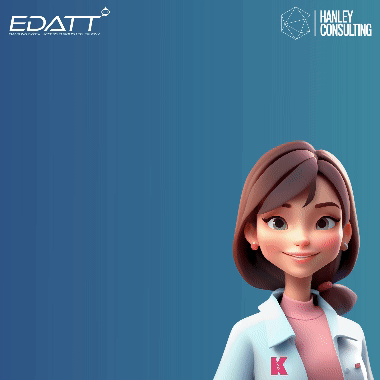A GP in Greater Manchester harnessed the skills of his digital-savvy patients when a power cut brought his morning surgery to a standstill. Dr Amir Hannan, of Haughton Thornley Medical Centres in Greater Manchester, was able to continue consultations by viewing his patients’ medical records on their own smartphone devices, when the power outage meant he was unable to access the practice’s computers.
Thanks to enthusiastic campaigning by the practice and its Patient Participation Group, almost 60% of patients there have online access to their GP electronic health records. The practice has pioneered records access and understanding since EMIS Health introduced the technology to the NHS with Patient Access 13 years ago. It proved a useful contingency for the four-hour power cut, caused by workers accidentally cutting through an underground cable.
Dr Hannan said: “When the power went out, I asked staff to tell everyone who phoned for an appointment to bring their records access passwords in. I brought my iPad into work, so patients could use their mobile phone or put their password into my iPad. Messages were posted on Facebook, Twitter and on the practice website www.htmc.co.uk. Between us, we managed a number ofconsultations via mobile technology. The patients were surprised, but they loved being able to share the information to make consultations safer for them and for us.”
Dr Hannan said that patients referring to their own record should become a normal part of consultations. “Being able to see the whole electronic record makes it safer, easier to check details, and also provides continuity of care. Patients can point to salient information, and share their knowledge of their health. We can do consultations together, with patients as productive, equal partners.”
While 58% have online access to their full medical record (including past history, medication, test results, all letters and free text), the figure is higher among patients with chronic conditions such as type 1 diabetes (82%) and anxiety and depression (99%). Forty-two per cent of Dr Hannan’s patients with learning difficulties – traditionally a group seen as difficult to arrange records access for – can also view theirs. Before giving access to anyone, the practice uses an explicit consent questionnaire that checks patients’ understanding.




